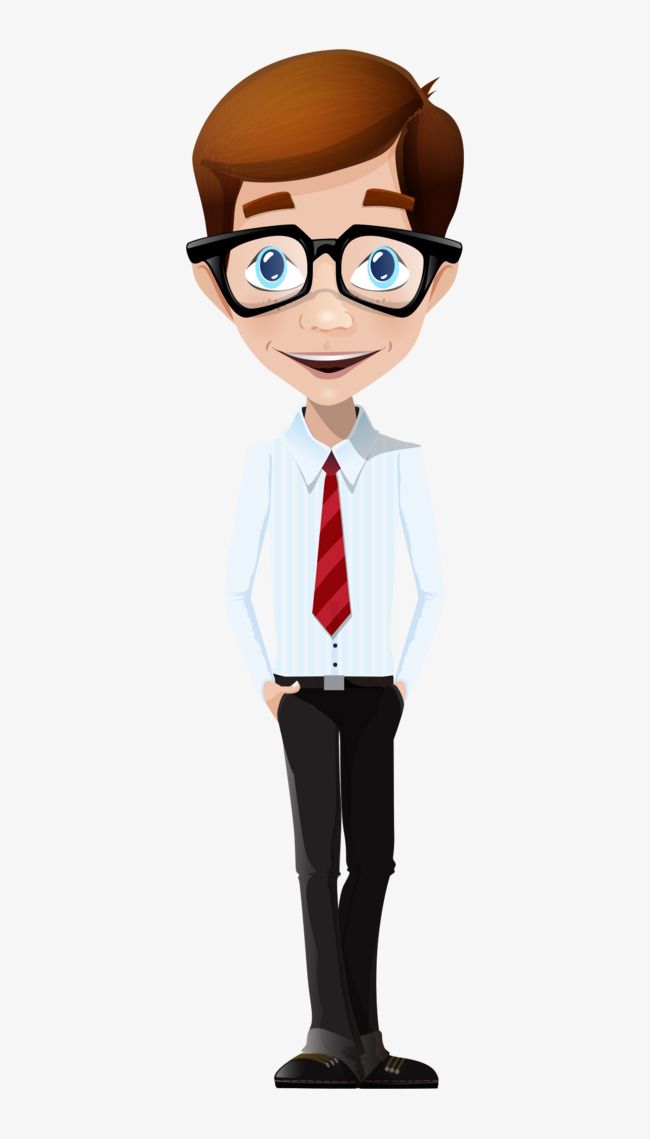The Science of Depression – Why People are depressed and How to overcome Depress
The Science of Depression – Why People are depressed and How to overcome Depression
It’s often said that depression results from a chemical imbalance, but that figure of speech doesn’t capture how complex the disease is. Research suggests that depression doesn’t spring from simply having too much or too little of certain brain chemicals. Rather, depression has many possible causes, including faulty mood regulation by the brain, genetic vulnerability, stressful life events, medications, and medical problems. It’s believed that several of these forces interact to bring on depression..
Regions that affect mood
Increasingly sophisticated forms of brain imaging — such as positron emission tomography (PET), single-photon emission computed tomography (SPECT), and functional magnetic resonance imaging (fMRI) — permit a much closer look at the working brain than was possible in the past. An fMRI scan, for example, can track changes that take place when a region of the brain responds during various tasks. A PET or SPECT scan can map the brain by measuring the distribution and density of neurotransmitter receptors in certain areas.
Use of this technology has led to a better understanding of which brain regions regulate mood and how other functions, such as memory, may be affected by depression. Areas that play a significant role in depression are the amygdala, the thalamus, and the hippocampus (see Figure 1).
Research shows that the hippocampus is smaller in some depressed people. For example, in one fMRI study published in The Journal of Neuroscience, investigators studied 24 women who had a history of depression. On average, the hippocampus was 9% to 13% smaller in depressed women compared with those who were not depressed. The more bouts of depression a woman had, the smaller the hippocampus. Stress, which plays a role in depression, may be a key factor here, since experts believe stress can suppress the production of new neurons (nerve cells) in the hippocampus.
Source :www.health.harvard.edu (Harvard Medical School)
Symptoms
People with depression may experience a variety of symptoms, but most commonly, “a deep feeling of sadness or a marked loss of interest or pleasure in activities,” according to the American Psychiatric Association. Other symptoms of depression may include:
- Irritability, agitation or restlessness
- Lower sex drive
- Inability to focus
- Insomnia or excessive sleeping
- Change is appetite, eating too much or too little
- Chronic fatigue and lethargy
- Unexplainable crying spells
- Unexplainable physical symptoms such as headaches or body aches
- Feeling hopeless and worthless
- Withdrawal from social situations and normal activities
- Thoughts of death or suicide
Treatment
Surveys have shown that up to half of Americans with depression don’t get medical help for their condition. Left untreated, major depression can set off a chain of social, emotional and health consequences that add to patients’ overall stress. According to the Mayo Clinic, these include alcohol or drug abuse, anxiety, social isolation and relationship conflicts, work or school difficulties, or suicide.
Depression treatment may involve psychotherapy therapy, medications, or a combination of the two.
Exercise
“Exercise, if done correctly, is one of the most promising natural treatments for depression. It elevates mood quickly and reliably. It is believed that this takes place because exercise affects the same neurotransmitter system that medication does,” says Dr. Shadick.
Medication
Prescription drugs, called antidepressants, help alter mood by affecting naturally occurring brain chemicals. There are several categories of antidepressant, but doctors often start with a class of drugs called selective serotonin reuptake inhibitors (SSRIs), and may try other medication if the patient’s condition didn’t improve. SSRIs target the brain’s serotonin, a signaling chemical (neurotransmitter) that studies have found to be involved in depression. This class of medication includes fluoxetine (commonly known as Prozac), sertraline (Zoloft), paroxetine (Paxil), escitalopram (Lexapro) and citalopram (Celexa). Side effects, which are usually temporariy, include changes in sexual desire, digestive problems, headache, insomnia and nervousness.
Acupuncture
Acupuncture is increasingly being used as a natural treatment for depression. One area where acupuncture has been studied for depression is in depression associated with pregnancy. Because of potential side effects of drug treatment in women who are pregnant, acupuncture would be a valuable alternative
Eat healthy
There is no magic diet that fixes depression. It’s a good idea to watch what you eat, though. If depression tends to make you overeat, getting in control of your eating will help you feel better.
Although nothing is definitive, Cook says there’s evidence that foods with omega-3 fatty acids (such as salmon and tuna) and folic acid (such as spinach and avocado) could help ease depression.
Get enough sleep.
Depression can make it hard to get enough shut-eye, and too little sleep can make depression worse.What can you do? Start by making some changes to your lifestyle. Go to bed and get up at the same time every day. Try not to nap. Take all the distractions out of your bedroom — no computer and no TV. In time, you may find your sleep improves.
Tags: AsapSCIENCE Bipolar Chemical Depressed Depression health Imbalance Lonely Mental Neurotransmitter Robin Williams Sad Sad nessscience Suicide
acebook
-


Healthy
Healthy
Healthy Blogs
Zhealthy - Health related TIPS and Website
From: Chennai, Tamil Naidu India - Last Login: 5 years ago.
User has no skills.20.00 $ / hr - - 0 out of 5 - View Profile